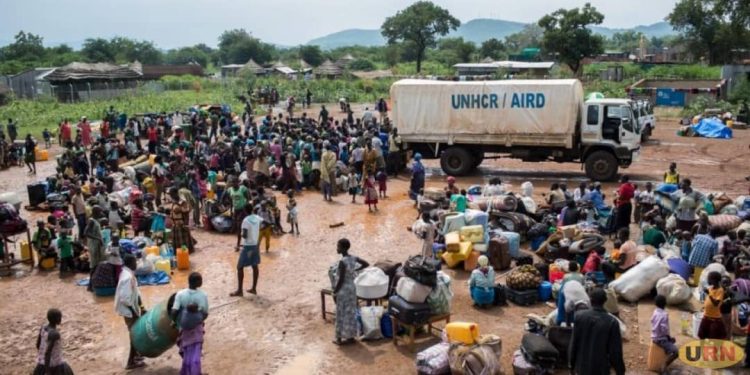The Government of Uganda and the United Nations High Commissioner for Refugees (UNHCR) have issued a strong joint appeal to the global community, warning that a critical shortage of funding is threatening the sustainability of refugee operations in the country.
In a joint statement released after a high-level meeting on May 23, Ugandan authorities and UNHCR officials highlighted the far-reaching consequences of the global funding crisis, which has already forced the implementation of tough measures including staff reductions to manage dwindling resources more efficiently.
While emphasizing that all decisions are being made collaboratively and transparently, both parties acknowledged the unfortunate toll these cuts are taking on humanitarian personnel and the nearly 1.9 million refugees currently hosted in Uganda.
“We deeply regret the impact on affected staff and the refugee communities we serve,” the statement read. “Nonetheless, we remain united in our commitment to protecting and assisting refugees in Uganda.”
Despite being one of the most generous refugee-hosting nations in the world with over 110,000 new arrivals recorded in 2025 alone Uganda’s refugee response remains critically underfunded. As of May, UNHCR Uganda has received only 17% of its required funding for the year.
Uganda’s internationally lauded refugee policy allows displaced individuals access to land, public services, and the right to work, making it a model for inclusive refugee protection.
However, mounting humanitarian demands and limited donor support now pose a serious threat to that model.
The joint statement, signed by Eng. Hilary Onek, Uganda’s Minister for Relief, Disaster Preparedness and Refugees, and Matthew Crents, UNHCR’s Country Representative in Uganda, called for immediate and sustained international assistance.
“Sustained international solidarity is essential to uphold Uganda’s exemplary refugee policy and ensure continued protection for those in need,” they urged.
With Uganda’s refugee operations at a crossroads, both the Government and UNHCR are appealing not just for emergency relief but for long-term support to maintain a response system that has been a lifeline for millions displaced by conflict and disaster across the region.















